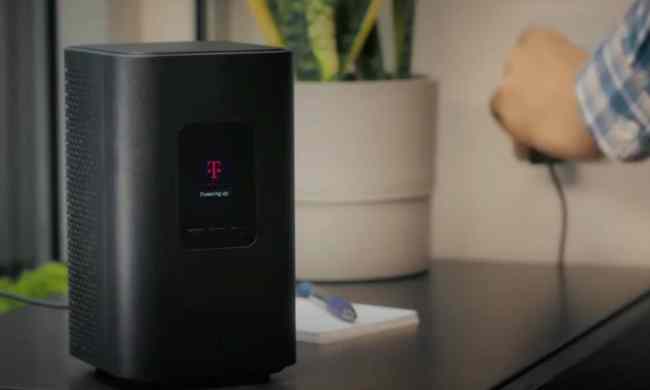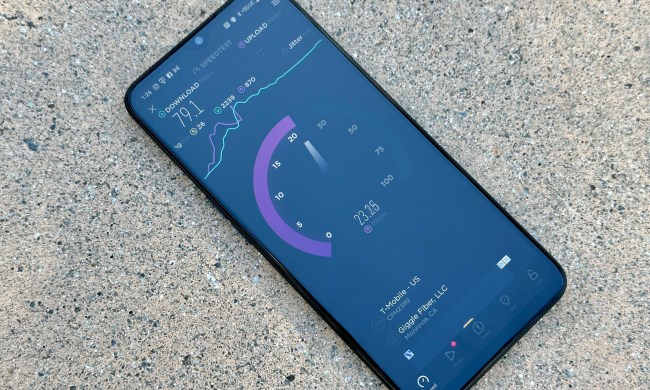AT&T became the first U.S. carrier to surpass speeds of 2Gbps on its live, commercial 5G network in Atlanta, further pushing the envelope in the race to roll out 5G technology to customers.
The milestone, which AT&T revealed in a blog post, was achieved using the Netgear Nighthawk 5G Mobile Hotspot, and happened about a month after the carrier hit 1Gbps in multiple cities.
Speeds of 2Gbps on a 5G network, if sustained, will allow people to download a 2-hour HD movie at a breakneck speed of 10 seconds. Though actually doing that is easier said than done.
Reaching and sustaining 2Gbps is currently unlikely with any provider, according to Engadget. It will require a millimeter wave connection, which is rare, especially indoors. In addition, the speed was achieved with a hotspot device, and it remains unclear if smartphones with built-in 5G will be able to perform just as well, Engadget added.
“We’re all about finding ways to unleash the full potential of 5G, including celebrating the exciting milestones along the journey,” AT&T wrote to end its blog post, showing the carrier’s focus on the development of the technology.
5G is the fifth generation of wireless networks that promises drastically faster download and upload speeds, instantaneous communication, and the ability to connect everything. AT&T said that it will roll out a standards-based nationwide mobile
While AT&T is leading the charge in the development of 5G technology, it also came under fire for 5G Evolution. The marketing scheme proposed to rebrand millions of 4G LTE smartphone with
Sprint and AT&T have “amicably resolved” the legal action. The terms of the agreement were not disclosed, but it appears that AT&T will be able to continue using the 5G Evolution branding.


